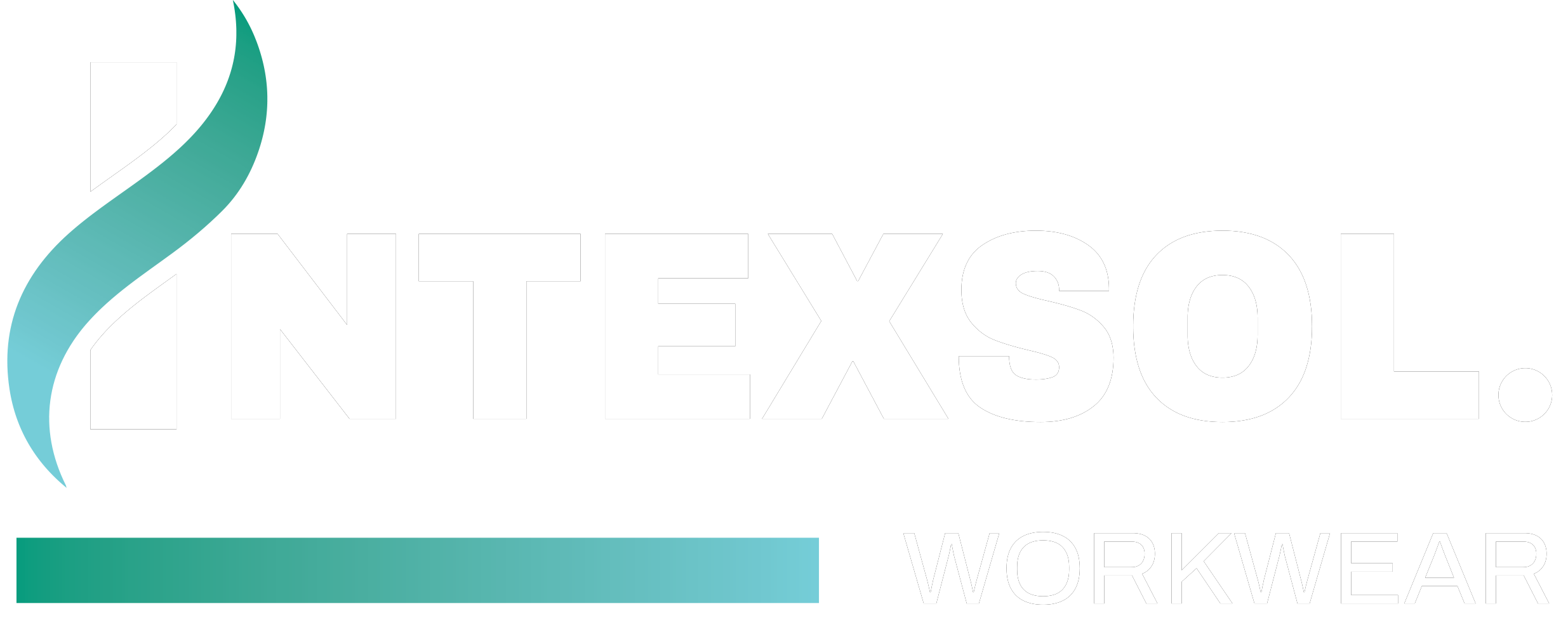
What is a Hi Vis Vest?
Hi-vis vests are sleeveless garments worn over regular clothing. It’s typically lightweight and is one of the most common pieces of high-visibility clothing used across a variety of industries.
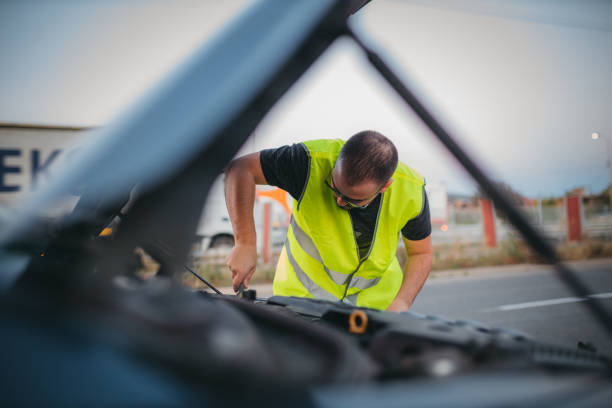
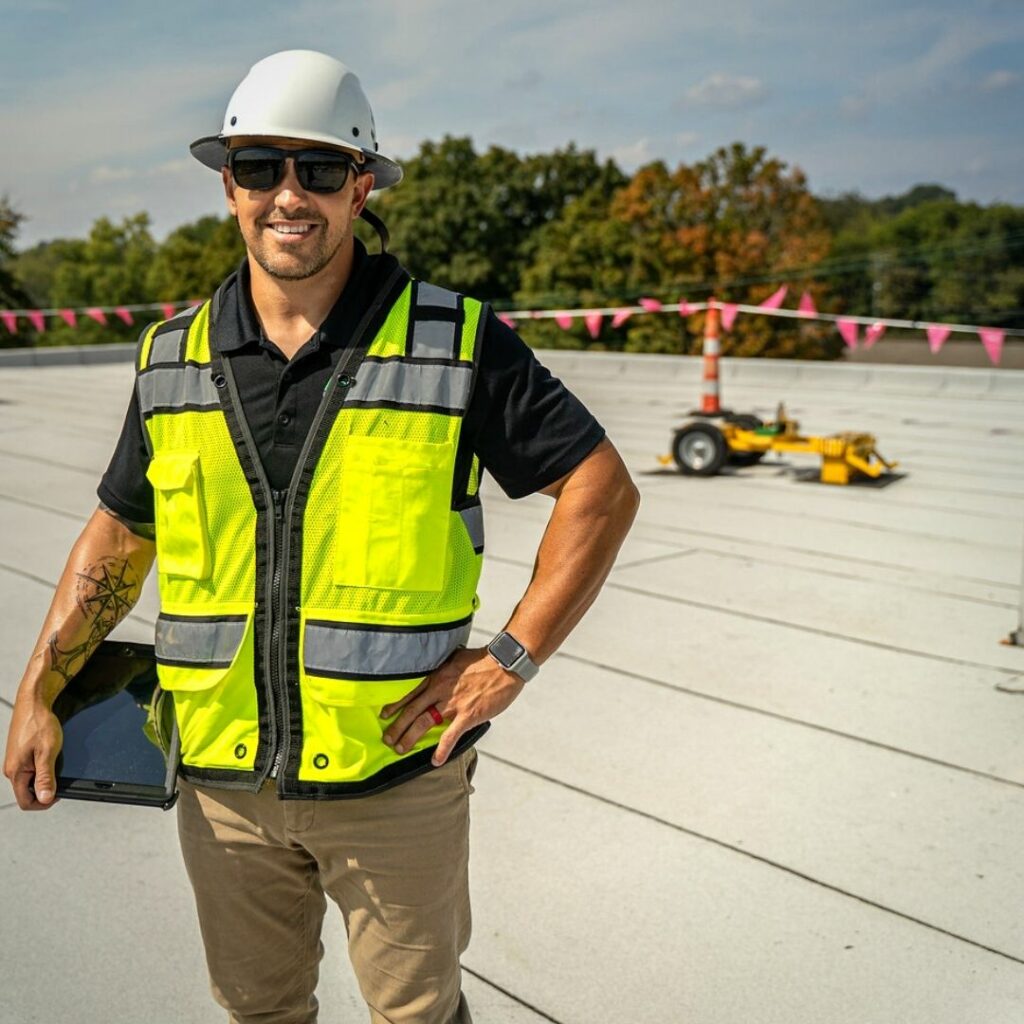
What are Hi Vis Vests Made From?
Hi-vis vests are typically made from lightweight, breathable, yet durable materials. A common material is polyester mesh or solid polyester, which can be easily dyed in bright hi-vis colours and holds them well ensuring the longevity of its effectiveness even after repeated washing.
These high visibility vests also include bands of reflective tape, which can shine brightly when illuminated by light, such as from vehicle headlights making the wearer unmistakably visible, further emphasising its critical role in safety.
Are High Visibility Garments Considered PPE?
PPE refers to any personal protective equipment, that is commonly worn by workers to minimise exposure to hazards and reduce the risk of injuries or illnesses resulting from contact with these hazards. Given that hi-vis clothing is designed to ensure that workers are easily seen in various conditions, especially in low light or within areas with heavy machinery and vehicular traffic, it plays a crucial role in preventing accidents. By increasing the visibility of the wearer, hi-vis clothing reduces the risk of collisions or accidents, thereby functioning as a protective measure and falling under the category of PPE.
When is Hi-Vis Required?
The requirement for a high visibility material and clothing largely depends on the industry and specific job being carried out:
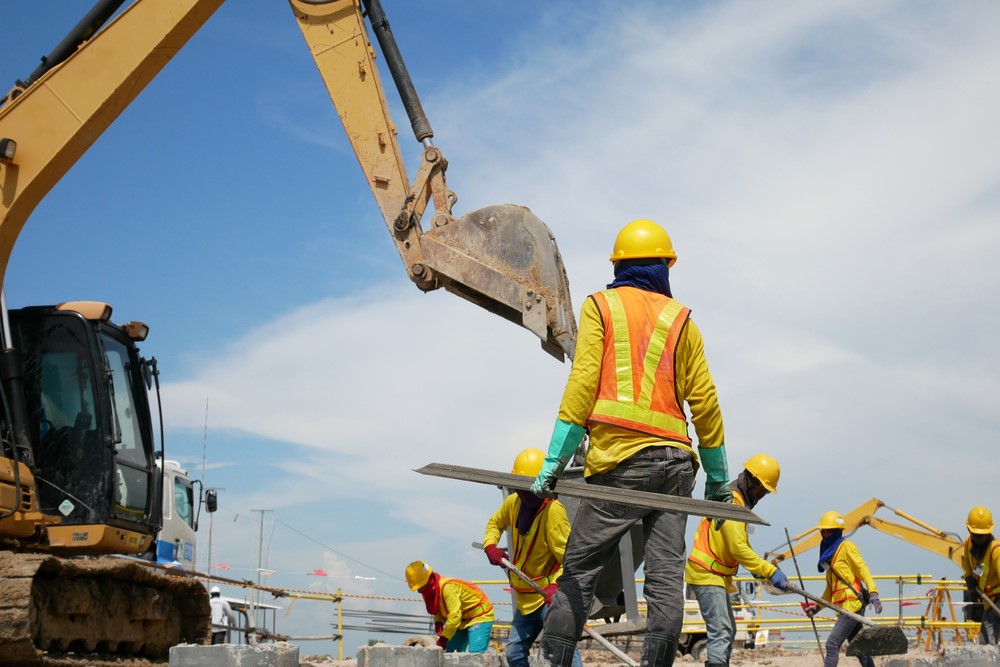
Construction Sites
- For workers operating near or on roadways or heavy machinery where the many moving parts and potential hazards necessitate a clear visual of every team member to prevent accidents.

Roadside Emergency Services
- For personnel attending to roadside emergencies where situations can be unpredictable, especially during low light conditions or in high traffic areas. High visibility clothing ensures individuals on the scene can be easily spotted by passing motorists.
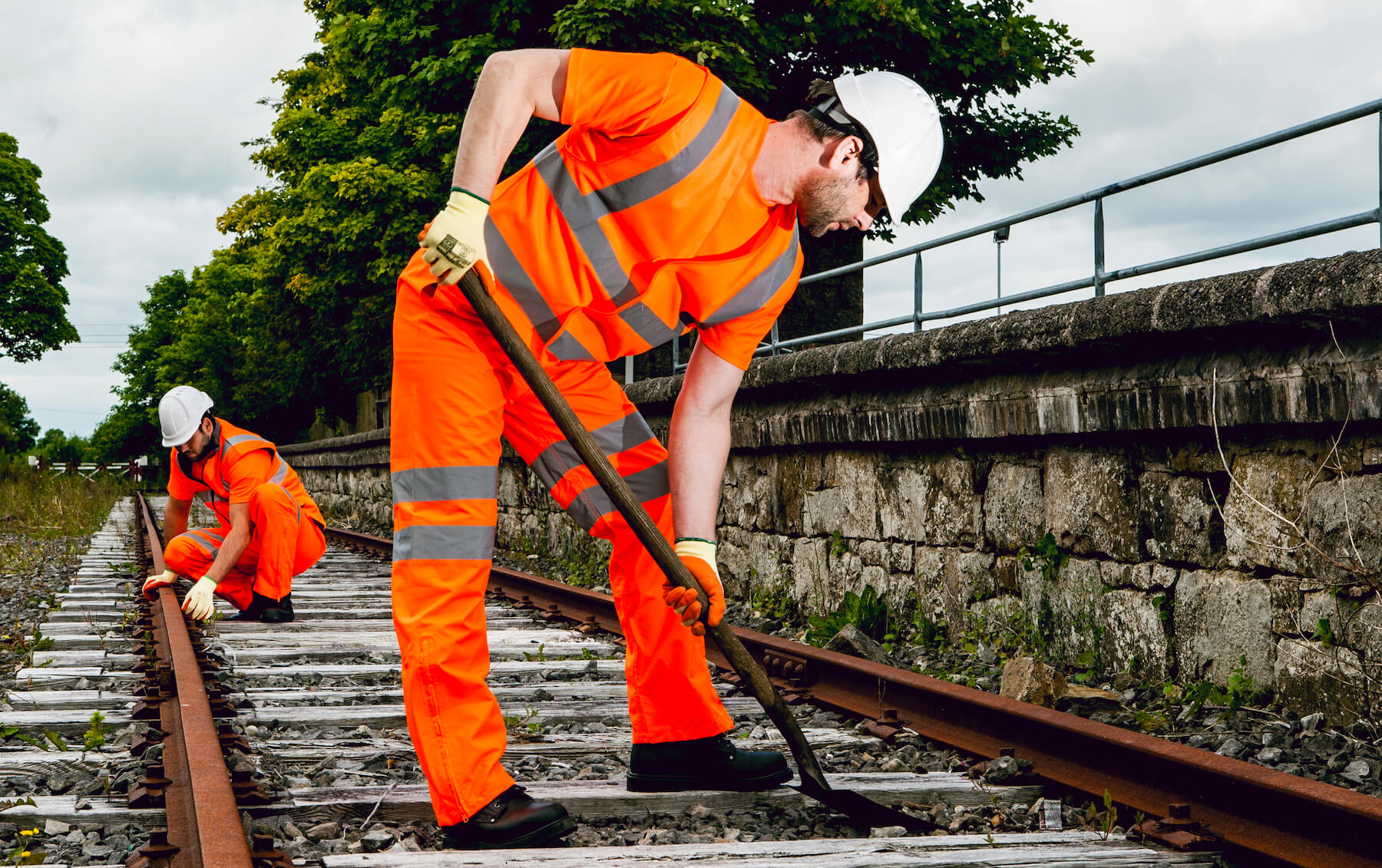
Railways
- Different standards may apply depending on the region or transport company but in general railway workers require hi-vis gear when working on or around fast-moving trains and tracks.
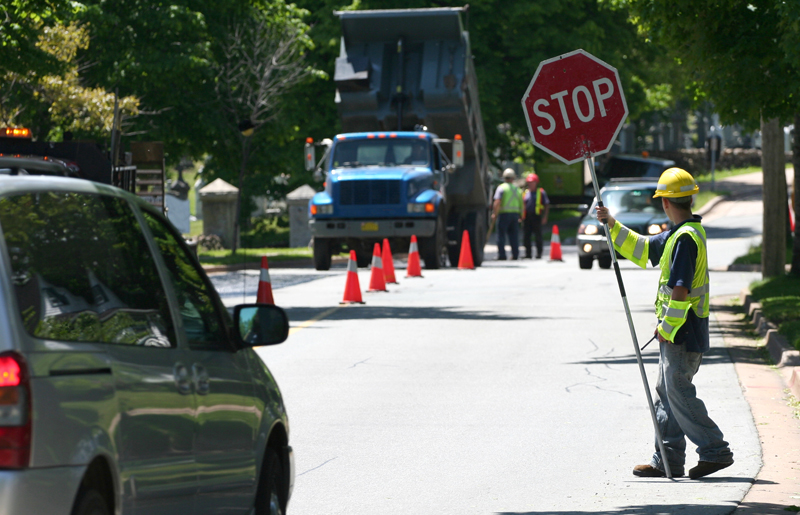
Motorways
- Personnel working on high-speed motorways have specific standards to adhere to due to slim margins of error in this environment. This often includes the wearing of various types or classes of hi-vis to maximise visibility and safety.

Warehouses & Docks
- For crews manoeuvring around heavy equipment or vehicles. Workers navigating these spaces are often clad in hi-vis attire to ensure they’re conspicuous amidst such a busy backdrop.
How Many Classes of Hi Vis Clothing Are There?
High-visibility clothing comes with distinct classifications to cater to varying levels of risk assessment and environmental demands. These classifications ensure that workers are outfitted appropriately in their working environments. Garments are generally categorised into three classes:
Hi-Vis Clothing Standards and Certifications
Different industries have unique rules and standards when it comes to high-visibility workwear
Which Hi-Vis colour should I choose Yellow or Orange?
The main colours used for hi-vis clothing are neon yellow and fluorescent orange. The choice between the two often depends on the background material against which the worker will be seen. For instance, in a green, wooded area, orange tends to stand out more, whereas, in an urban setting, fluorescent yellow is typically more noticeable.
Additionally, fluorescent orange is primarily utilised in construction and by rail workers as demanded by the high-visibility clothing standard RTR-3278-TOM (formerly Go RTR3279). Yellow is usually used on highways and by ambulance personnel.
EN Certification
EN Certification refers to the European Norms standards, specifically EN ISO 20471, which relates to high-visibility clothing. This certification ensures that the clothing meets specific European standards for visibility, including the surface area of fluorescent fabric and reflective material, so wearers can be confident in their protection and visibility in challenging work environments.
Where to Buy Hi Vis Shirts & Clothing?
While there are numerous suppliers of hi-vis clothing, for top-quality and industry-approved garments, consider trusted providers like our team at. We offer a range of garments, to suit all sizes and styles whilst ensuring safety and complete compliance with industry standards.
FAQs
1. Do your workers need hi-vis clothing?
If your workers operate in environments where visibility is essential for safety, such as construction sites, motorways, railways, or any area with heavy machinery or traffic, they will need hi-vis clothing.
2. Can Hi Vis workwear be personalised?
Yes, at Essential Workwear, we offer multiple personalisation options for hi-vis clothing. This can include adding company logos, worker names, or other design elements. Personalised Hi Vis workwear can promote team unity, enhance professional appearance, and make specific team members easily identifiable in larger work settings.
3. Is there a difference in the quality of hi-vis garments?
Yes. It’s crucial to invest in high-quality hi-vis clothing that meets industry standards and is EN Certified. This ensures durability, effective visibility, and compliance with safety regulations. At Essential Workwear we stock a wide range of quality garments that will last longer than cheaper options, offering better value over time
4. How often should hi-vis clothing be replaced?
The frequency of replacement depends on the garment’s wear and tear. Once the bright colour fades or the reflective strips lose their effectiveness, it’s time for a replacement. Regularly inspecting hi-vis workwear is essential to ensure ongoing safety.
5. Is there a specific way to wash hi-vis clothing?
Most hi-vis clothing comes with care instructions. It’s essential to follow these to maintain the garment’s effectiveness. Generally, avoid using bleach or other harsh chemicals, and don’t iron over reflective strips. Regular, gentle, washing can help maintain visibility by removing dirt or grime that might cover reflective areas.
